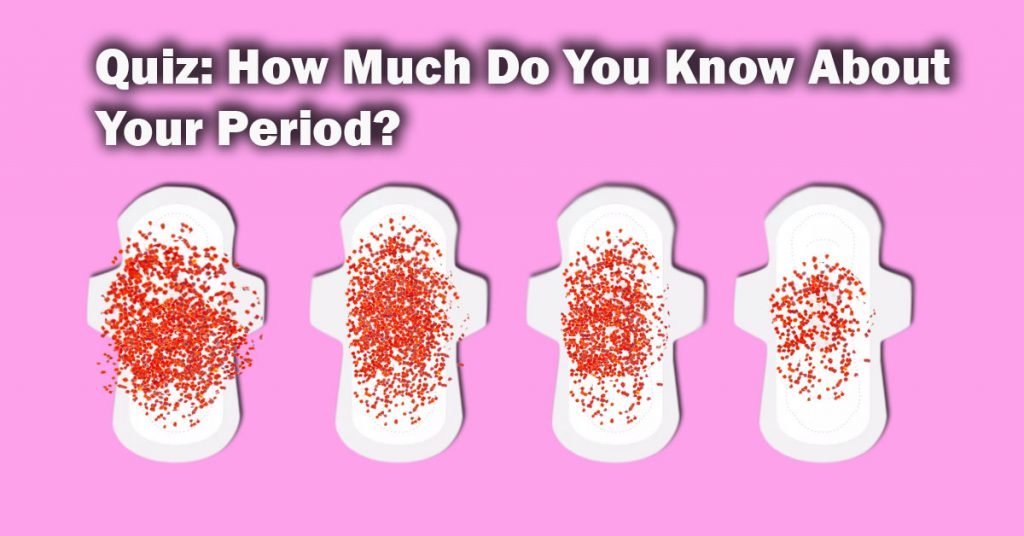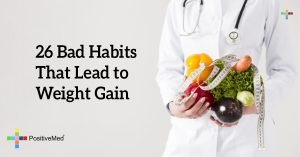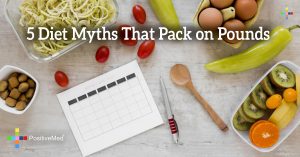The average woman will menstruate for about 40 years. Most girls begin at the age of 10, and menopause typically begins around age 51. A few years in either direction is normal for both the first monthly visit and the last. Four decades should enable women to become period experts, but this is not always the case. Many women believe common misconceptions, and while the mistakes often have little consequence, some can prevent women from the medical care or comfort they need. The following short quiz can help all women to see if they have all the facts right.

Question 1: How many days are there between when the monthly visitor arrives?
Answer: The length of time between periods depends on the woman, and many other factors. A menstrual cycle lasts about a month, but it can vary and remain a normal cycle. The average is 28 days between the start of one cycle and the start of the next. However, normal cycle lengths last between 21-35 days. Any number in-between is considered healthy. The goal is not to panic if it does not arrive on day 28, but to track several months of cycles and see what the usual average is for you.
Question 2: How long is the average period?
Answer: It varies. Women probably dislike seeing this type of answer, but everyone has a different lifestyle and body, and this can affect their cycle. Seven days is the duration most women expect, but 4-5 is the average and up to 8 days is still in the normal range. Longer menstruation can mean the woman has a medical concern, has an IUD in place, or the start of menopause is around the corner.
Question 3: Is there any reason to worry if a menstrual cycle becomes heavy?
Answer: Unusually heavy periods could signal a medical concern. Menstruation that is always heavy can lead to anemia and cause emotional distress for women that struggle to contain the leaks. Always talk to a gynecologist if the flow is so heavy it is difficult to make it through a typical day without a problem.
Question 4: Are cramps and PMS inevitable?
Answer: The two conditions are normal and common, but not necessarily inevitable. Regular exercise, heating pads, and over-the-counter pain relievers can resolve most cramping issues and PMS-associated headaches. A healthy diet, vitamins or supplements, and plenty of rest help to control moodiness. Certain birth control options can obliterate most PMS symptoms entirely. Solutions exist to help almost every woman.
Question 5: Can you get pregnant during that time of the month?
Answer: Oh yes. Never use menstruation as a form of birth control. The shedding of the uterine wall takes place when an egg does not become fertilized, and it is why menses occurs. However, eggs can stay viable for up to 48 hours after their release. Women that do not have a predictable regular cycle could ovulate sooner than they expect. Those with a heavy, but a slow flow may take time to ” finish up” visually, even though their monthly cycle has ended.
So, how much did you know about your period? Many myths and misconceptions exist about menstruation. Women that have the facts will have the power to stay healthier and worry less.






